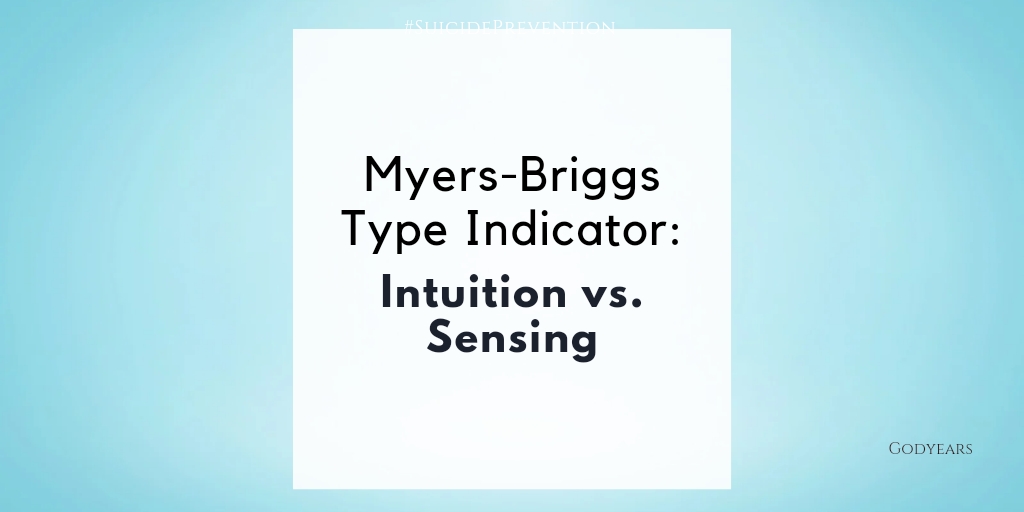The Myers-Briggs Type Indicator (MBTI) is a well-known test that assesses your personality to place you into one of 16 categories. They were created by created by Isabel Myers and Katharine Briggs, based on Carl Jung's theory of psychological types.
Two of the key categories in the MBTI are the Intuition (N) or Sensing (S) personality types. Understanding the distinction between these two personality categories can help you to learn more about yourself and understand where in the MBTI personality types you fall. can provide valuable insights into how individuals perceive and process information.
In this article, we will take a look at both the Sensing vs. Intuition MBTI categories, so you can gain a deeper understanding into your unique personality type and traits.
The Intuition (N) MBTI Category
The Intuition (N) MBTI personality type is a cognitive function that plays a significant role in decision-making, problem-solving, and perception. Individuals who fall into the Intuition (N) in the Myers-Briggs Type Indicator often rely on their intuition and instincts (or 'gut feelings') to understand the world around them and take actions in different situations or online when using social media.
Intuitive individuals are insightful, imaginative, and future-oriented. They have a natural inclination to dig deeper into things to find meaning and identify patterns or trends in various situations in their lives. They have a unique skill that enables them to form deep connections between concepts, ideas, and experiences that might seem unrelated to those without the Intuition personality trait.
Those with the (N) MBTI personality type are great at seeing the bigger picture and empathizing with a wide range of perspectives. They can gather information from multiple sources to see all viewpoints in a situation and use this information to take the appropriate actions.
The Sensing (S) MBTI Category
The Sensing (S) MBTI personality trait represents an individual's preference for gathering information using their senses. Sensing personality types focus on observable information and details about their surroundings. They focus on using direct sensory experiences through sight, smell, hearing, taste, and touch. They use tangible facts to navigate the world around them and focus on the facts less than their instincts.
Sensing individuals are usually described as being practical, observant, and detail oriented. They have a high level of awareness about everything that's going on around them and are able to focus on and recall specific details about each situation.
Sensing individuals are able to notice subtle changes in behaviors or their overall environment. They take a practical approach to situations and use their problem-solving and critical thinking skills to take action. They are cautious and pay attention to detail to identify the potential risks associated with taking a specific action.
Those who fall into the (S) category of the MBTI may be skilled at troubleshooting, identifying practical solutions to immediate problems, and implementing strategies efficiently. They are realistic and practical, but still take a creative and thoughtful approach to every situation or task.



Let me know what you think.